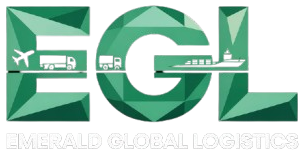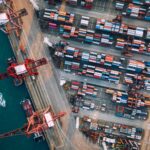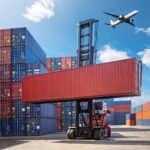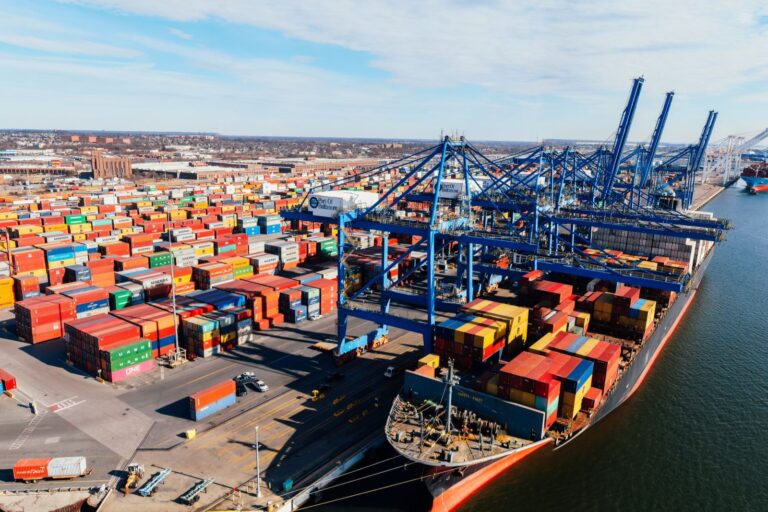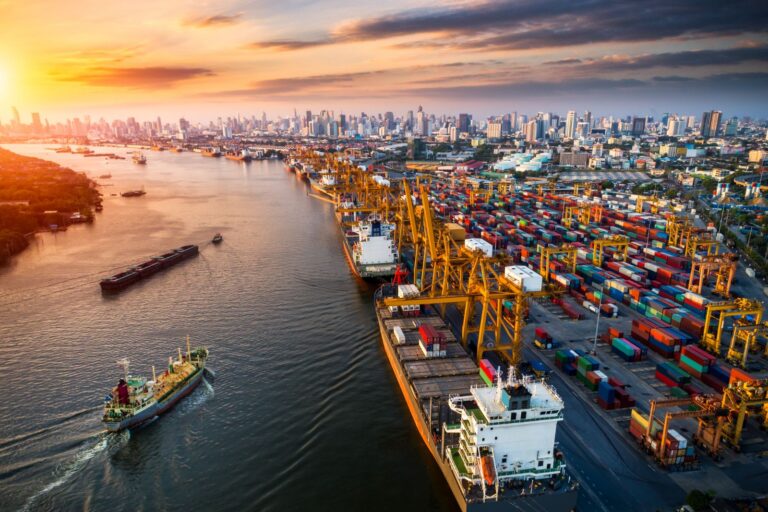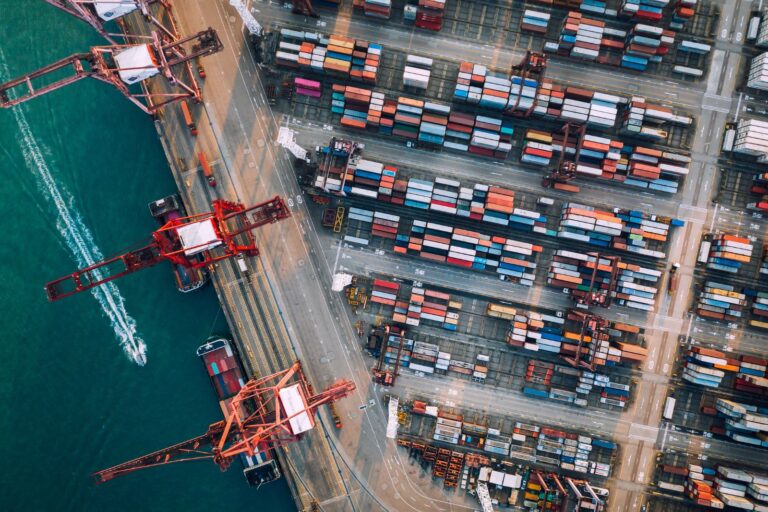The retail industry thrives on consistent supply, variety, and speed. Yet, importing goods for retail stores comes with challenges—from customs compliance and shipping delays to fluctuating costs and complex logistics. Without the right systems, these hurdles can disrupt inventory flow and impact customer satisfaction.
That’s where retail import services play a crucial role. These services help retailers navigate international logistics, streamline cargo shipping, and ensure that goods reach shelves on time.
At EGL – Emerald Global Logistics, we specialise in providing tailored solutions for retailers across Australia. Whether you’re importing fashion, electronics, or everyday essentials, our logistics expertise ensures a smooth, cost-effective, and reliable process from origin to destination.
Why Retail Import Services Matter (H2)
Benefits for Retailers (H3)
- Steady Supply Chains: Maintain consistent stock levels.
- Cost Efficiency: Reduce expenses through optimised freight solutions.
- Faster Market Entry: Ensure products hit shelves before competitors.
- Compliance Assurance: Avoid delays and penalties with expert guidance.
Advantages of Expert Support (H3)
- Access to a global freight forwarding network.
- Knowledge of international trade regulations.
- End-to-end supply chain management.
- Scalable solutions for small retailers to large chains.
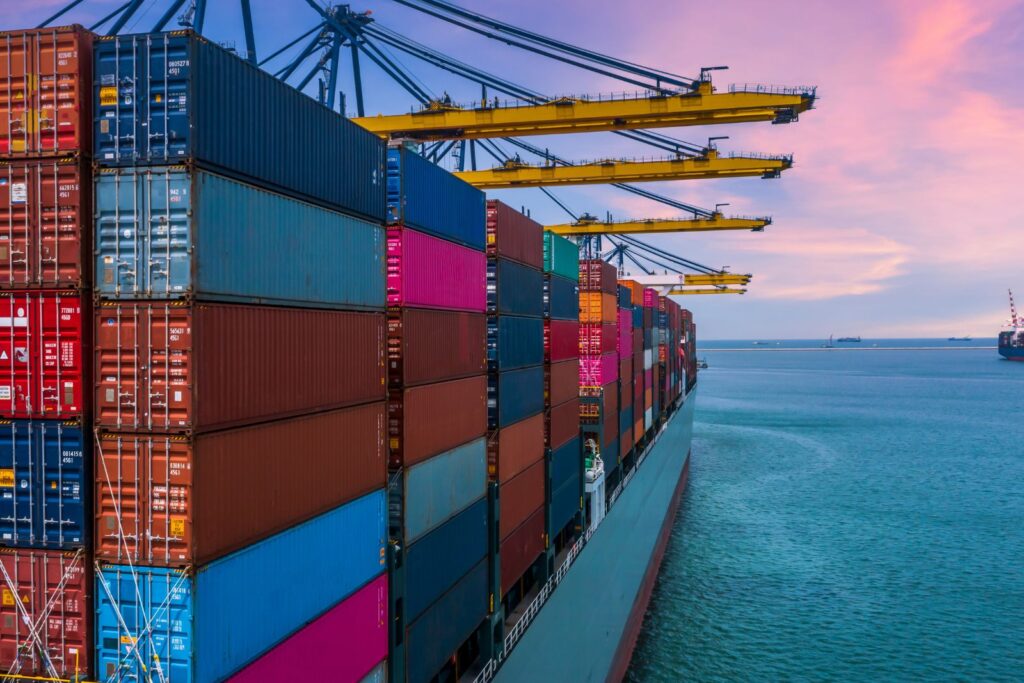
Step-by-Step Guide to Retail Import Services (H2)
Step 1: Identify Product Requirements (H3)
- Confirm product specifications and quantities.
- Understand import restrictions on certain goods.
- Factor in seasonality and consumer demand.
Step 2: Choose the Right Logistics Partner (H3)
- Select a provider experienced in freight forwarding Australia.
- Ensure expertise in customs, warehousing, and distribution.
- At EGL – Emerald Global Logistics, we design solutions customised for retail businesses.
Step 3: Arrange Freight & Shipping (H3)
- Air freight for fast-moving goods.
- Ocean freight for bulk shipments.
- Combine methods for flexibility and cost control.
Step 4: Customs Clearance & Compliance (H3)
- Prepare accurate documentation (invoices, packing lists, import permits).
- Pay duties, tariffs, and GST correctly.
- Avoid delays through proactive compliance management.
Step 5: Warehousing & Distribution (H3)
- Store goods in temperature-controlled or general warehousing.
- Distribute stock to stores or fulfilment centres.
- Use inventory management systems for visibility.
Step 6: Technology Integration (H3)
- Implement real-time shipment tracking.
- Automate order and inventory updates.
- Analyse supply chain performance for improvement.
Costs & Pricing Insights (H2)
Costs vary based on:
- Freight type: Air vs. ocean freight.
- Customs duties: Depend on product category.
- Storage fees: Warehousing and distribution costs.
- Insurance: Protects goods against damage or loss.
Tip: Working with an experienced partner like EGL helps retailers optimise costs while ensuring reliability.
Tips & Best Practices (H2)
- Maintain accurate import documentation.
- Plan shipments around seasonal demand.
- Consolidate cargo to save costs.
- Use supply chain data to predict demand.
- Secure insurance for high-value shipments.
Common Mistakes to Avoid (H2)
- Misclassifying products for customs purposes.
- Relying solely on one freight method.
- Overlooking packaging standards for fragile goods.
- Delaying import planning until stock runs low.
- Failing to partner with a logistics expert.
Use Cases & Examples (H2)
- Fashion Retailer: Reduced shipping costs by using ocean freight consolidation through EGL.
- Electronics Retailer: Avoided customs delays with accurate classification and permits.
- Supermarket Chain: Streamlined import and warehousing for perishable goods.
FAQs (H2)
Q1: What are retail import services?
A1: They are logistics solutions that manage the end-to-end process of importing goods for retailers.
Q2: Why should retailers use import services?
A2: To ensure timely delivery, reduce costs, and stay compliant with customs regulations.
Q3: What is the best shipping method for retail imports?
A3: Air freight is faster; ocean freight is more economical for bulk imports.
Q4: Can EGL handle both small and large retail imports?
A4: Yes, EGL offers scalable solutions tailored to retailers of all sizes.
Q5: How do retailers reduce import costs?
A5: By consolidating shipments, planning ahead, and working with experienced logistics providers.
Conclusion & Call-to-Action (H2)
Efficient retail import services are the backbone of a successful retail supply chain. From customs compliance and freight forwarding to warehousing and distribution, these services keep shelves stocked and customers satisfied.
At EGL – Emerald Global Logistics, we deliver tailored solutions to support retailers across Australia.
👉 Contact Us today to streamline your retail imports.
Learn more about our services at Home or discover our story on the About Us page.
